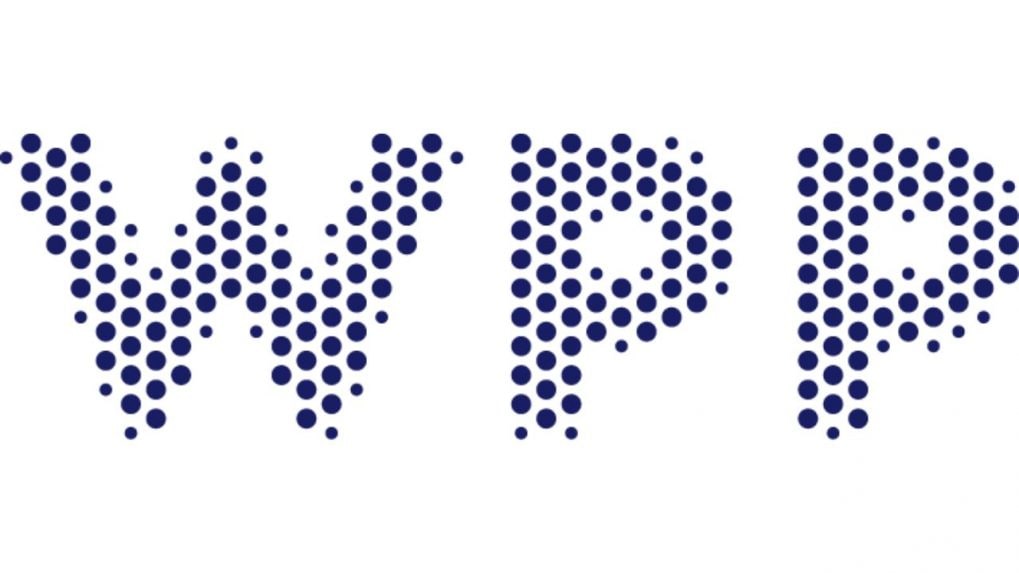WPP expands Google partnership with $400 million bet on AI-powered marketing
WPP has committed $400 million to expand its partnership with Google, using generative AI and cloud technology to deliver real-time personalised marketing at massive scale.
ADVERTISEMENT
WPP, one of the world’s largest advertising holding company, is deepening its ties with Google in a five-year agreement aimed at accelerating the use of artificial intelligence across the marketing industry. The deal, announced Wednesday, includes a commitment from WPP to spend $400 million on Google technologies as the two companies pursue what they describe as a fundamental reimagining of how brands reach consumers.
The expanded partnership was formalized during a meeting at Google’s Mountain View headquarters between Cindy Rose, WPP’s chief executive, and Thomas Kurian, chief executive of Google Cloud. The investment will fuel efforts to embed AI into WPP’s suite of creative, media, production and commerce services, primarily through WPP Open, the company’s in-house AI platform.
"I'm incredibly excited about how our new and evolved partnership with Google will redefine what's possible for our clients," Rose said. "By delivering bespoke AI solutions and enabling hyper-relevant campaigns with unprecedented scale and speed, we're accelerating innovation across every facet of marketing to drive unparalleled growth and impact.”
For Google, the partnership offers another opportunity to cement its AI infrastructure as the default backbone for digital advertising.
"Our expanded partnership with WPP is built on a shared vision to harness the power of generative and agentic AI to transform business outcomes,” Kurian said. “By enabling WPP to innovate on our AI-optimised technology stack, we are helping create the future of marketing technology for brands today."
WPP plans to build custom AI models using Google’s Gemini and DeepMind technology to help clients generate tailored campaigns in real time. The companies say that brands will be able to design and deploy marketing materials in days rather than months, using AI-generated assets such as video, imagery and messaging that adapt automatically to individual consumer profiles.
Lorraine Twohill, Google’s chief marketing officer, noted that WPP has already been a testing ground for many of Google’s experimental tools. "As an important partner to Google Marketing, WPP has been working closely with us on a number of AI tools and innovations built with Gemini – all focused on driving brand love and real business growth through truly helpful experiences that resonate with our billions of users around the world,” she said. “I'm excited to continue exploring what marketing and storytelling looks like in this new era, together."
Among the initiatives highlighted by the companies:
Real-time audience modeling: WPP will deploy Google Cloud’s AI infrastructure to build bespoke audience models within its Open Intelligence data platform, allowing for rapid segmentation and campaign testing.
Automated creative production: WPP will receive early access to image and video generation models like Veo and Imagen, enabling what it claims are up to 70 percent efficiency gains in asset creation.
Privacy-first data collaboration: Using InfoSum’s Bunkers technology on Google Cloud, WPP says clients will be able to analyse shared data sets without transferring or exposing personal information.
AI workforce training: Google will join as lead curriculum partner in WPP’s Creative Technology Apprenticeship programme, which aims to train more than 1,000 early-career technologists by 2030.
The partnership also extends to WPP’s own internal operations, where Google’s AI systems will be used to automate tasks like resource planning and data analysis.
WPP, which spends roughly £300 million annually on AI initiatives, is positioning the agreement as a competitive moat in an increasingly crowded market for marketing automation. One of its agencies, AKQA, has already launched what it calls “The Generative Store,” a retail platform that changes its layout, visuals and product messaging based on individual shoppers.
The companies said that many of the tools being developed will be stress-tested first within Google’s own marketing teams before being pushed to clients. In an industry often guilty of overpromising technological revolutions, both companies are betting that real-world application — not hype — will sell AI to skeptical chief marketing officers.


